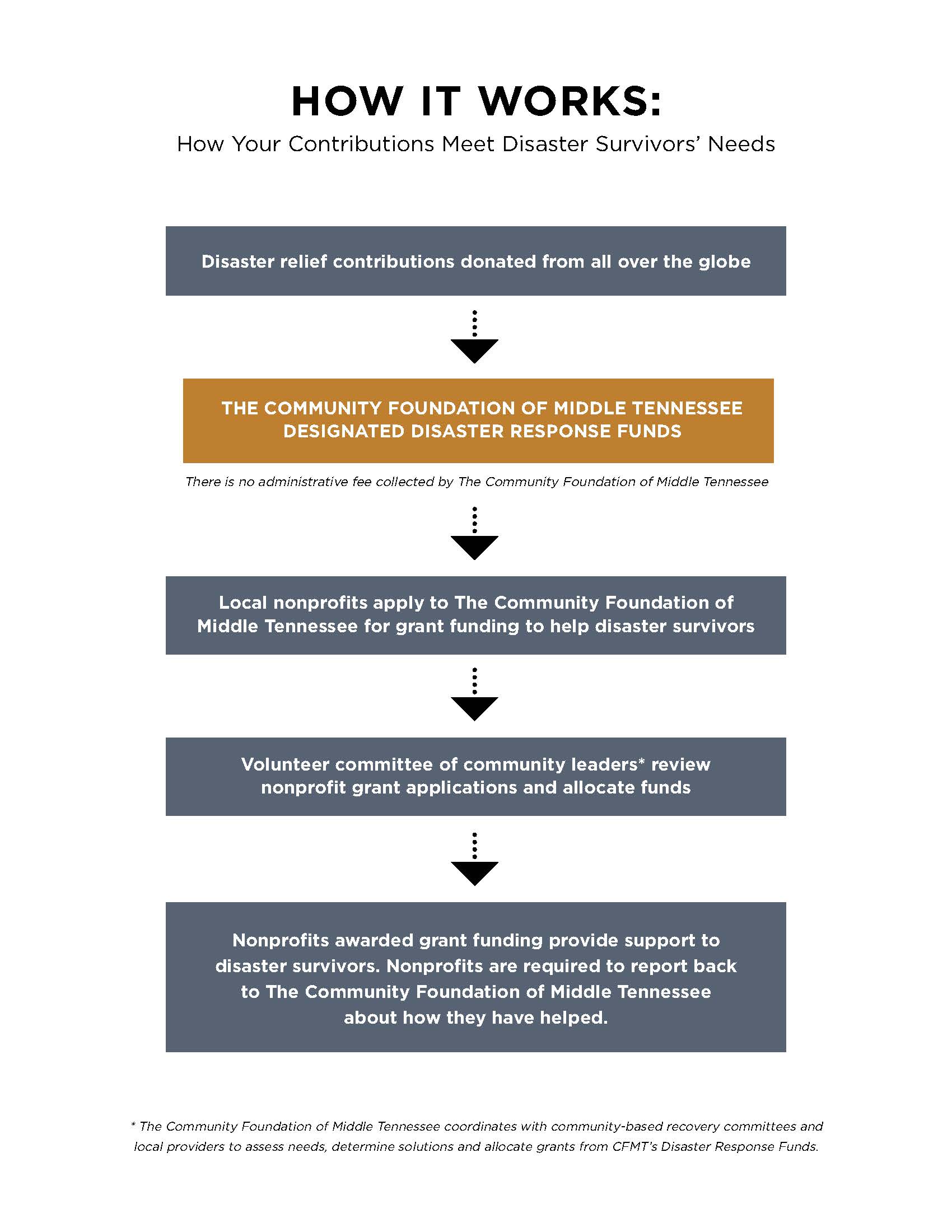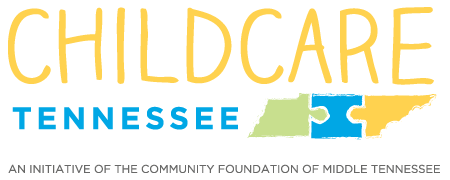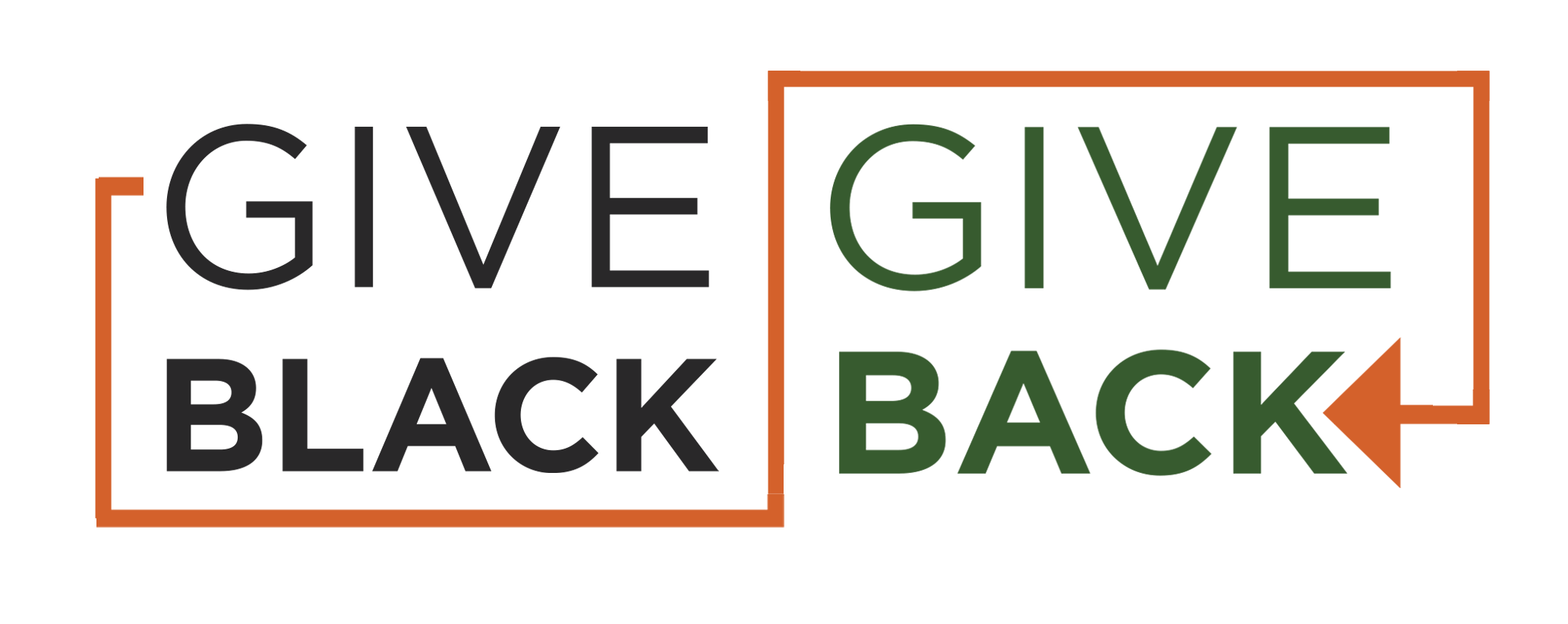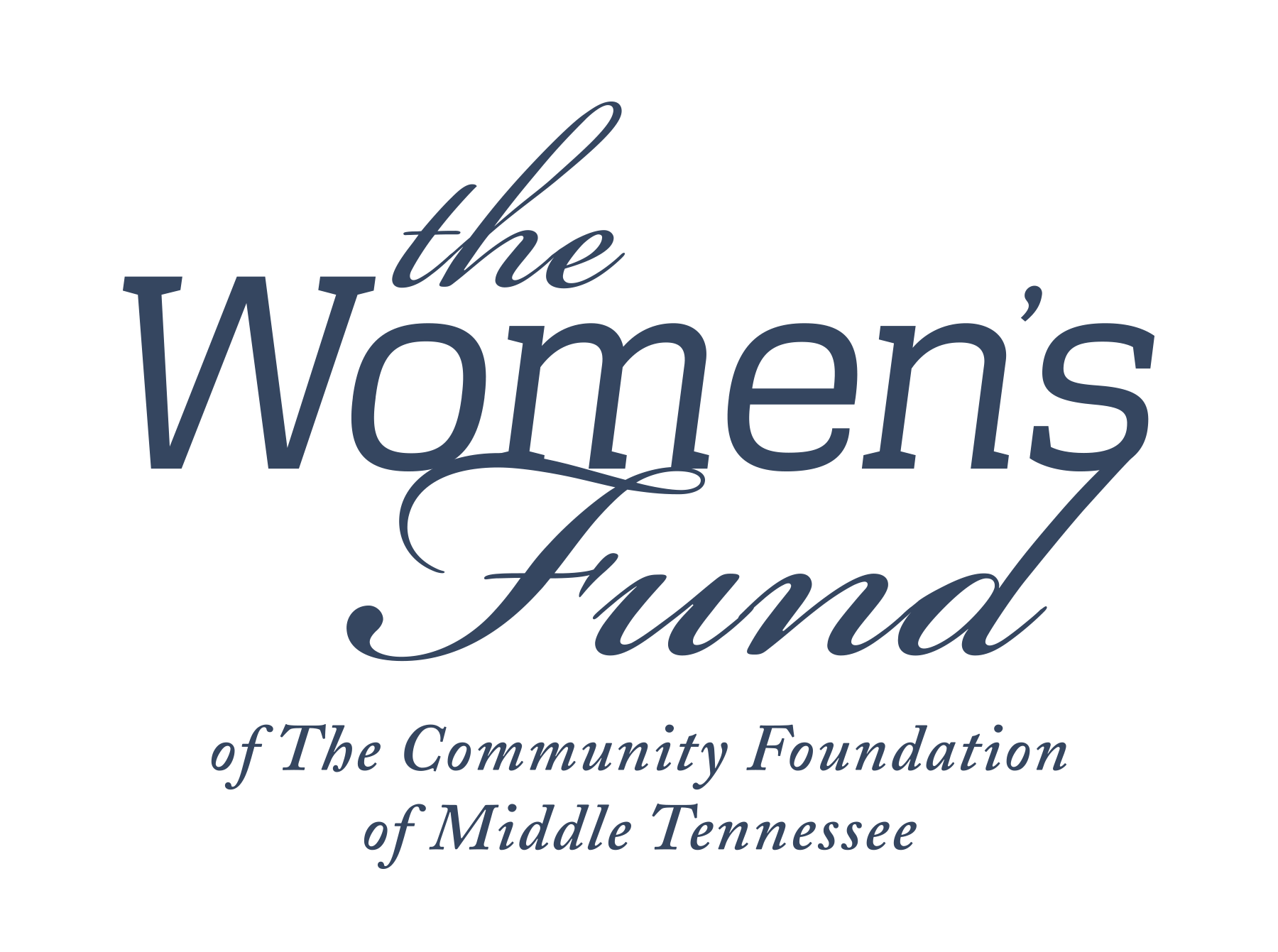Immediate Action and Ongoing Support:
How CFMT Responds to Disasters in Our Community
When communities are in crisis after a disaster, they immediately turn to local philanthropy to assist in addressing immediate suffering and planning for emerging needs—physical and behavioral health, housing, meals, environmental safety, and economic and educational losses. Community foundations are trusted disaster partners in the nonprofit infrastructure, advocating for service providers, advising donors, and ensuring that recovery investments are equitable and sustainable. “Build back better” is more than a motto; it is a mission.
For more than twenty years, CFMT has been called on to support our region in climate-related events and other crises. These events have varied in size and scope and have negatively impacted property, service delivery, and human life. In recent years, we have responded to tornadoes, floods, a derecho, the pandemic, and mass violence.
Our decisions to raise money and distribute disaster funding are built on our knowledge of pre-existing needs, conversations with the affected survivors, assessments of damage, and opportunities to collaborate with other funders to maximize impact.
We take seriously our role as a neutral convenor and the voice of underserved populations in disaster planning. Our work is centered on equity and biased toward long-term recovery where the costs are greatest and private funding is least available.

Current Response
On December 9, 2023, severe storms across Middle Tennessee resulted in seven tornado touchdowns affecting nine counties. The Clarksville and Nashville metropolitan areas were hardest hit, followed by the business corridor of Hendersonville. The combined tornadoes resulted in seven fatalities and 84 injuries; widespread structural damage affecting homes, businesses, and infrastructure.
The Community Foundation of Middle Tennessee (CFMT) activated the Tennessee Emergency Response Fund (TERF), founded in 2008. The TERF was activated specifically to support survivor needs outside of Davidson County.
Priority Focus Areas
- Support for social service organizations that provide programs and direct financial assistance for disproportionately affected populations.
- Support for Black- and women-led organizations who have built or can build trust networks with survivors in need of recovery assistance.
- Support for those advocating for and providing affordable housing, housing repair, and utility assistance.
- Support for uninsured homeowners and renters to rebuild and/or find affordable housing.
- Support for long-term recovery groups working to plan for and enhance community recovery and resilience.






